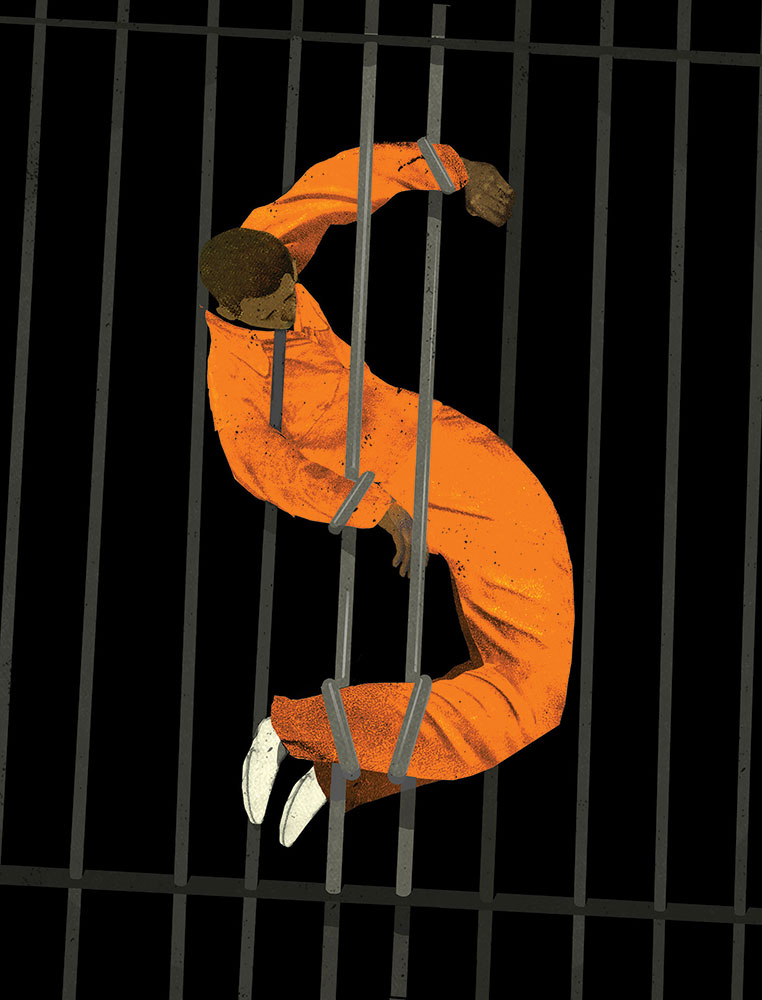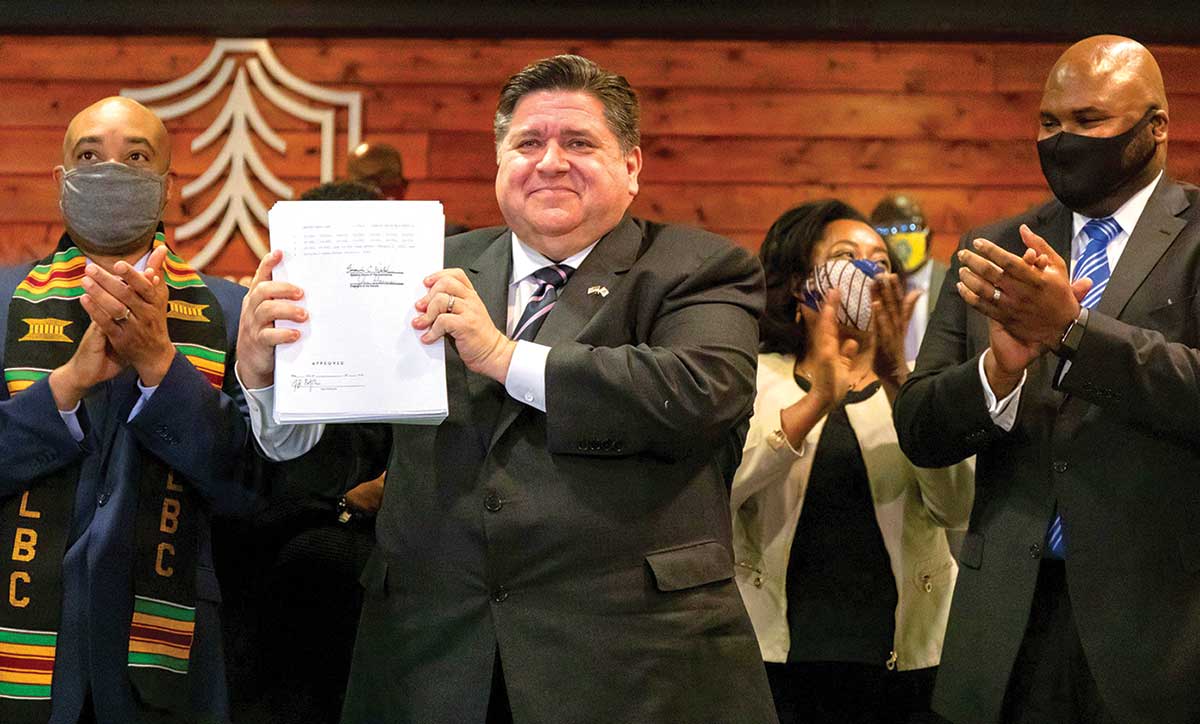Illinois
Related: About this forumAmid a national backlash against criminal justice reform, Illinois has achieved something extraordinary.
Amid a national backlash against criminal justice reform, Illinois has achieved something extraordinary. It’s working better than anyone expected.


Bail originated in medieval England as a way to force people to return to court to face trial for their alleged crimes (defendants get their bail money back when they return to court—but that assumes they have the money to put up in the first place). British colonizers instituted the practice in the United States for the same reason, but during the nationwide panic over law and order in the 1980s, bail became used as a way to detain people out of fear they would pose a threat to public safety. In practice, rich people could still buy their way out of jail, while poor people were stuck there, sometimes over small amounts and while facing accusations of minor crimes. Kalief Browder, a New York City teenager who was charged with stealing a backpack, spent three years in jail because his family couldn’t afford his $3,000 bail. He later took his own life.
The Pretrial Fairness Act, signed into law by Governor JB Pritzker in February 2021, stems the tide of legally innocent people in jail by abolishing bail. It also puts in place a number of sweeping changes to replace it with a fairer system—a system that doesn’t penalize people for being poor and has a mechanism for determining whether people who have been charged with crimes are actually dangerous or likely to run away. Illinois’s law mandates that for the least serious crimes, such as traffic violations, police can ticket people but not arrest them. For low-level crimes such as minor drug possession and shoplifting, people can be arrested but can’t be jailed before their trial; at most, a judge can order them to comply with conditions while they are free. For more serious crimes, such as violent or sexual offenses, if the state wants to detain people before a trial, prosecutors have to convince a judge and present evidence that they likely did what they’re accused of, that there is a high risk that they will flee or will harm a specific person or community, and that the only way to prevent those outcomes is to put them in jail. The accused must have a lawyer at their side and be given a chance to rebut the prosecutor’s arguments, and if they disagree with the judge’s decision, they can appeal.
Ending cash bail nationwide has become a key goal of the criminal justice reform movement, one part of the fight to address economic and racial disparities and prevent people from experiencing the negative effects of incarceration. Some states, including New Jersey and New York, have significantly reduced the use of cash bail. But the mood has swung heavily in the opposite direction in the post-pandemic years, and many states have implemented harsher bail practices. Earlier this year, Tennessee lawmakers banned judges from considering someone’s ability to pay when setting bail. In Georgia, legislators increased the number of crimes for which judges are required to set bail. New Hampshire lawmakers partially rolled back a 2018 reform meant to keep people from being put in jail because they can’t afford bail.
https://www.thenation.com/article/society/cash-bail-reform-illinois/
ShazzieB
(22,471 posts)I keep forgetting how lucky I am to live in this state, which is being run so splendidly right now by our amazing Governor Pritzker! It's great to be reminded like this.
Midnight Writer
(25,264 posts)They think (and their thinking is reinforced by internet and Hate Radio BS) that not requiring bail means every criminal walks free.
Instead, it means that pre-trial detention is based on the severity of the crime, the danger to the community, and the likely hood that the accused is guilty based on the evidence.
This is a change from the past when pre-trial release was based solely on how much money a defendant can come up with.
The new system makes much more sense.